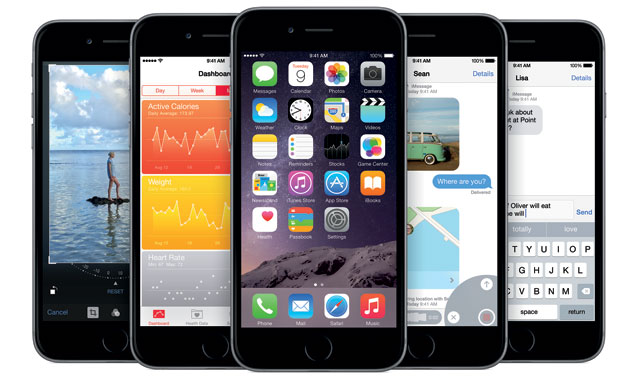 South African couch potatoes have never had it so good. In the past fortnight, two new video-on-demand (VOD) offerings have been launched, one using broadband connections to deliver entertainment into people’s homes, the other using satellite as its primary delivery vehicle.
South African couch potatoes have never had it so good. In the past fortnight, two new video-on-demand (VOD) offerings have been launched, one using broadband connections to deliver entertainment into people’s homes, the other using satellite as its primary delivery vehicle.
Times Media Group, publisher of the Sunday Times, was first off the starting blocks with Vidi, which takes advantage of consumer broadband connections to deliver streaming on-demand entertainment. Vidi is similar to Netflix, the US service that pioneered the online streaming model, in that it offers unlimited access to its catalogue of movies and television series for a fixed monthly fee (R149). Subscribers can also rent movies on demand, with the latest blockbusters costing R27 each.
But relying on South Africa’s notoriously poor fixed broadband infrastructure — as surely it must given that mobile broadband remains far too costly to stream video — is a brave move.
The barrier to entry is lower than the satellite alternative, but fixed broadband penetration in South Africa is low relative to developed markets — there are fewer than a million digital subscriber lines in service — and it’s impossible to ensure a uniform streaming experience for consumers.
Many Internet service providers apply aggressive bandwidth shaping to their uncapped broadband accounts, meaning Vidi’s streaming content isn’t guaranteed to have priority. And when video starts buffering and stuttering, consumers are likely to blame Vidi quicker than they do their ISP.
Times Media says Vidi will work on lines as slow as 1Mbit/s and the stream will vary in quality automatically to take advantage of whatever bandwidth is available, but faster access is recommended for high-definition video. The fact that it has local content servers should help.
The second offering, which was launched on Thursday, is broader. Technology company Altech — part of the JSE-listed Altron stable — is hoping the Node, a satellite set-top box that offers VOD along with a range of other features and services, will become a big money spinner for the group.
Similar in a way to the BoxOffice service available on DStv personal video recorders, Altech will push content via satellite to the hard drives in its set-top boxes. This means there’s no need to stream content over the Internet, with consumers able to watch a range of programming directly from the set-top box in Blu-ray quality with no concerns about their Internet connection speed or their data consumption. Subscriptions are R299/month, while the box costs R3 499.
Altech certainly has the skills to pull it off. Its Durban-based Altech UEC subsidiary is a world leader in set-top box manufacturing and understands the technical, commercial and legal complexities involved. Altech has signed content deals with four of the six major studios and plans to add more content to the service over time.

But what’s perhaps more interesting about the Node is that it doubles as a platform for home automation, as a payments platform and even as an Internet telephone. Consumers will be able to use it to control security cameras, motion detectors and decide when they want their lights to come on or be switched off. They’ll be able to pay their bills and traffic fines and shop online.
Time will tell which model — Altech’s or Times Media’s — will prove more appealing to South African consumers. The Node and Vidi certainly provide more choice to South African television viewers. And they — and similar services yet to be launched — will chip away at MultiChoice’s dominance in subscription television. Of course, MultiChoice is not sitting idly by. It is actively developing its own VOD offering, preparing for the day when (it’s not a case of if) on-demand viewing eclipses traditional linear broadcasting.
But even bigger threats are looming on the horizon. International players like Netflix are likely to enter the market at some point. Indeed, thousands of South Africans already watch Netflix and similar services using clever technologies to circumvent region blocking. Piracy is also a growing threat. Although it’s not legal, BitTorrent makes it easy to download the latest television shows the moment they’re broadcast in the US. A growing number of South Africans do just that.
- Duncan McLeod is editor of TechCentral. Find him on Twitter
- This column was first published in the Sunday Times




